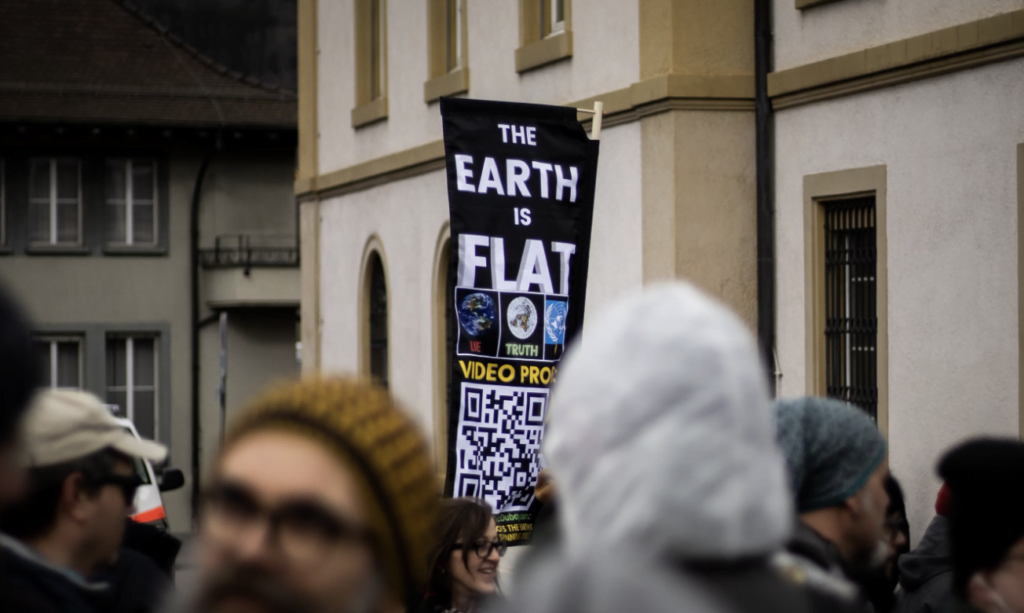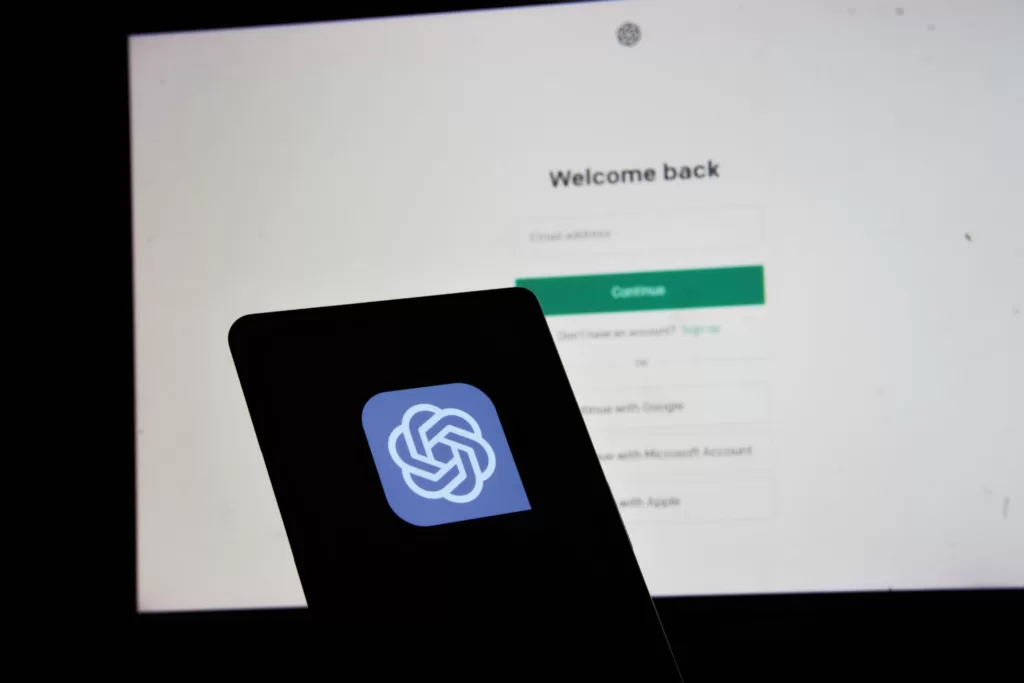Liars and fake news merchants are profiting from misinformation in Indonesia — can it be fixed?
 News organisations that flood the market with unverified information are being financially rewarded. : Christin Hume, Unsplash Unsplash licence
News organisations that flood the market with unverified information are being financially rewarded. : Christin Hume, Unsplash Unsplash licence
Liars and fake news merchants are profiting from misinformation in Indonesia — can it be fixed?
A new business model is fuelling disinformation in Indonesia, cashing in on incentives from revenue generators like Google AdSense to produce and amplify unverified news.
Termed ‘the incubator model’, the scheme makes money by hosting a cadre of small news websites that produce a huge number of articles per day with miniscule teams of editors. The articles, produced under intense time constraints, don’t undergo any scrutiny or fact-checking.
Payments are based on page views and incomes generated from Google AdSense, which automates the placement of advertisements and rewards host websites when an ad is clicked through.
The incubator model was first introduced in 2019 by Indonesian legacy news organisation Pikiran Rakyat Media Network, which has an affiliate network of websites.
Within Pikiran Rakyat Media Network partnerships, each incubator website requires at least three people to serve as editors, responsible for producing news and overseeing the website. The earnings are divided between Pikiran Rakyat Media Network and the website’s management.
Pikiran Rakyat Media Network sets a target for each newsroom to publish at least 100 articles per day and follow a recipe set by the Pikiran Rakyat Media Network team to game the algorithm — following the recommendation of Google’s search console, Google Analytics, and Google Trends.
In this space, quantity is king. There is minimal concern with setting a news agenda, producing good writing or verifying the information being published. Creators even ‘recycle’ previously published content by tweaking the title and first paragraph, then passing it off as a new story.
The more efficiently a story is created, the sooner a content creator can get onto producing the next piece.
Adopting new methods of content production enables the Pikiran Rakyat Media Network to collect information from other online sources, including foreign websites, social media, WhatsApp statuses and instant messengers.
Pikiran Rakyat, for example, cultivates content creators to develop many small websites instead of hiring journalists.
Within two years of launching its networks, the Pikiran Rakyat Media Network had 2,500 writers and 210 portals. The network claimed its model as the first ‘sharing economy’ in media business.
My interview with content creators and partners of Pikiran Rakyat Media Network revealed that the practice is closer to a form of modern slavery. Some informants told of predatory and exploitative practices in the model.
They allege content creators do not receive any salary, allowance or health insurance from Pikiran Rakyat Media Network. The honorarium is based only on the share of traffic and Google AdSense generated from their articles.
This pay-per-click income model drives the writers to produce content quickly, and measures such as fact checking only slow them down. Recycling articles by copying, pasting and tweaking is efficient and fast, too.
Pikiran Rakyat Media Network targets a young audience, promoting the incubator as a new way for young people to make money.
For example, a high-achieving content creator in 2021 generated an honorarium of IDR$160 million (USD$10,301), equal to 88 times the minimum wage In West Java. That creator apparently produced 400 articles in a month, around 15 per day.
Amplifying unverified information has consequences, as Indonesia saw during polarising 2021 debates on Islam versus Pancasila, the country’s state ideology which has recently drawn the ire of conservatives.
At the time of the debates, Pikiran Rakyat Media Network’s Facebook page posted around 197 times per day, making them the most prolific Indonesian news site on the platform.
Most posts were articles that relied on statements from politicians and social media influencers, posted without verification or challenge. Many included opinions, assumptions, speculation, hate speech, and accusations related to Pancasila and Islam, Palestine and Israel, and Indonesia’s anti-corruption body, the KPK.
Pikiran Rakyat Media Network is not the only player that actively amplifies the unverified information to profit from Google AdSense.
Kompas Gramedia Group, one of the largest media companies in Indonesia, has built products to publish low-quality journalism under its subsidiary, Tribun Network.
Kompas and Pikiran Rakyat companies both have a reputation for producing high-quality news and ethical journalism. Both have become Indonesian references on key issues such as public policy, corruption and human rights. But they are also responsible for the sins of their secondary networks.
Tribun’s power to spread disinformation and propaganda in Indonesia was aptly observed in coverage of the Russia-Ukraine war.
When I collected ‘Russia-Ukraine” conversations on Facebook and Instagram spanning 12 months and starting March 2022, the data revealed that accounts affiliated with Tribun Network posted the most about the war relative to other media.
Of the 102,003 related posts made on Indonesian Facebook pages over 12 months, 28,034 (27.48 percent) were uploaded by Tribun. Meanwhile, of around 10,000 uploads on Instagram, 2,555 (25.5 percent) came from Tribun accounts. YouTube search results for videos about Russia and Ukraine are also dominated by Tribun Network, especially Tribun Timur.
With such a large amount of content to produce, verifying sources is difficult. Misinformation or disinformation slips through. Tribun were caught out, uncritically reporting unreliable sources on the massacre in Bucha, Ukraine.
According to NewsGuard, one of the most widely shared pieces of disinformation was that Russia believed Ukraine engineered the massacre of civilians in Bucha.
NewsGuard’s investigation showed that the Russian massacre happened. Yet still, the Tribun Network uploaded videos on its YouTube and TikTok accounts, originating from unproven sources or accounts spreading Russian propaganda.
An October 2023 national survey on misinformation released by the Center for Strategic and International Studies showed that Indonesians have the highest trust in online media (86.7 percent), followed by social media (64 percent) and Google search results (63.6 percent).
Since 2018, Google, through Google News Initiatives in Indonesia, has been actively training media organisations on monetising websites, maximising profit and reaching sustainable growth.
One of its partners to conduct training is Promedia Networks, which was established by Agus Sulistriyono — the same person who developed the pay-per-click model in Pikiran Rakyat Media Network and used to develop Tribun.
In other words, the program is designed to teach website owners to maximise profit, not to focus on producing good journalism. Verification is expensive — it takes time, skills and resources.
Having high-quality journalism is even more expensive. Google should differentiate the incentive for yellow journalism and high-quality journalism.
Ika Idris is Co-Director of the Data & Democracy Research Hub at Monash University Indonesia.
Prof Idris’ research is funded by Monash University Internal Research Grant.
Originally published under Creative Commons by 360info™.












